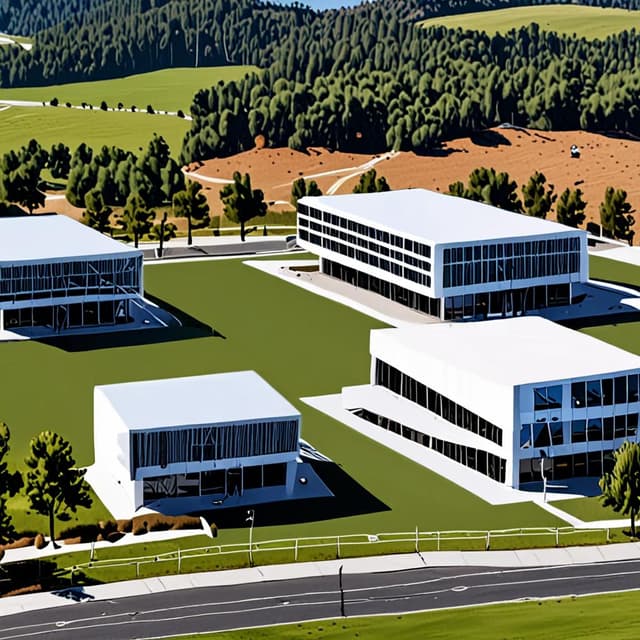
| Name | Global Space Force Academy |
| Type | Military and scientific institution |
| Focus | International cooperation in space exploration |
| Founded | Mid-20th century |
| Purpose | Train astronauts, space engineers, and space force personnel |
| Locations | Multiple countries, with a network of campuses and facilities |
| Curriculum | Space science • Astronomy • Aerospace engineering • Space operations |
| Notable alumni | Many accomplished space professionals |
The Global Space Force Academy (GSFA) is an internationally operated military and scientific institution dedicated to training the next generation of astronauts, space engineers, and space force personnel from countries around the world. Established in the mid-20th century, the GSFA has a global network of campuses and facilities located in multiple nations, producing some of the most elite space professionals in history.
The origins of the GSFA trace back to the Space Race between the United States and Soviet Union in the 1950s and 1960s. As both superpowers raced to develop advanced space capabilities, they realized the need for highly trained, internationally-coordinated personnel to operate in the new domain of space.
In 1964, representatives from 15 nations convened to establish the GSFA as a joint training program. The initial campuses were located in the United States, Soviet Union, United Kingdom, and France, with the intent to expand the network globally. The academy's curriculum and standards were designed to be uniform across all locations, producing graduates capable of seamlessly collaborating on international space missions and operations.
Over the subsequent decades, the GSFA steadily grew, adding new facilities in Germany, Japan, China, India, Brazil, and other countries. While each campus retains some autonomy, the academy as a whole remains tightly integrated with common admissions, academic, and training protocols.
The GSFA follows a highly specialized curriculum focused on the scientific, engineering, and operational aspects of space exploration and space-based military/defense capabilities. Core areas of study include:
In addition to rigorous coursework, students complete extensive hands-on training in flight simulators, spacecraft mock-ups, and microgravity environments. They also undertake field exercises, survival training, and real-world deployments to prepare for the challenges of space missions.
Language training in English, Russian, Mandarin, and other key global languages is also a critical component, enabling effective multinational collaboration.
Admission to the GSFA is highly competitive, with applicants undergoing a stringent selection process. Successful candidates must demonstrate exceptional academic performance, physical fitness, and leadership potential. Diversity is also a priority, with the student body representing a wide range of nationalities, ethnic backgrounds, and socioeconomic statuses.
GSFA graduates are then assigned to serve in the space agencies, air forces, or navies of their home countries, leveraging the training and international experience they gained. This allows nations to develop robust domestic space capabilities while also fostering greater collaboration on global space initiatives.
The GSFA has produced many of the most accomplished space professionals in history. Notable alumni include:
GSFA graduates have played crucial roles in landmark events like the Moon landings, the construction of the International Space Station, and the development of reusable SpaceX-style launch vehicles. The academy's alumni network also facilitates ongoing international cooperation in space exploration, scientific research, and military space operations.
At its core, the GSFA embodies the principle of global partnership in the pursuit of space exploration and development. By training a new generation of space professionals from diverse national backgrounds, the academy helps break down barriers and fosters a collaborative, internationalist mindset.
GSFA graduates have been instrumental in numerous joint space missions, scientific experiments, and technology-sharing initiatives between countries. This collaborative spirit has accelerated progress in areas like planetary science, space medicine, space-based manufacturing, and space mining.
As humanity looks to the challenges of establishing permanent settlements on the Moon, Mars, and beyond, the role of the GSFA in cultivating the next generation of space leaders will only grow in importance. The academy stands as a shining example of how international cooperation can harness humanity's collective potential to explore the final frontier.